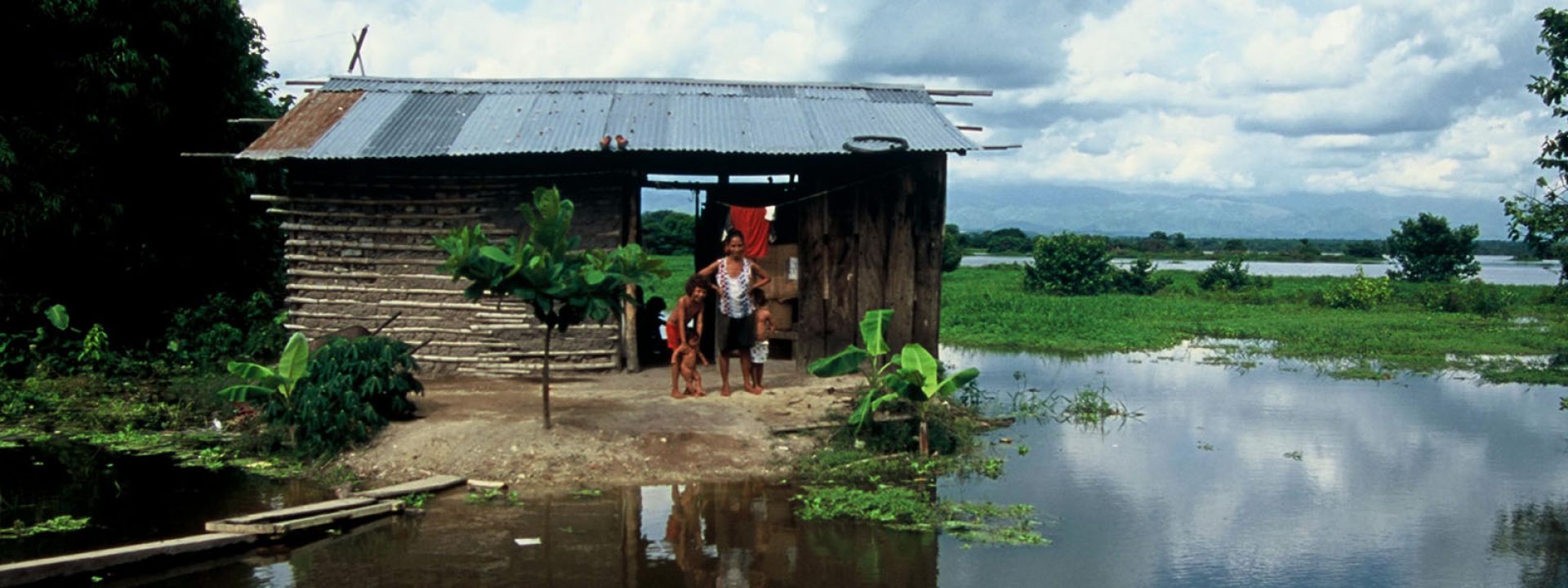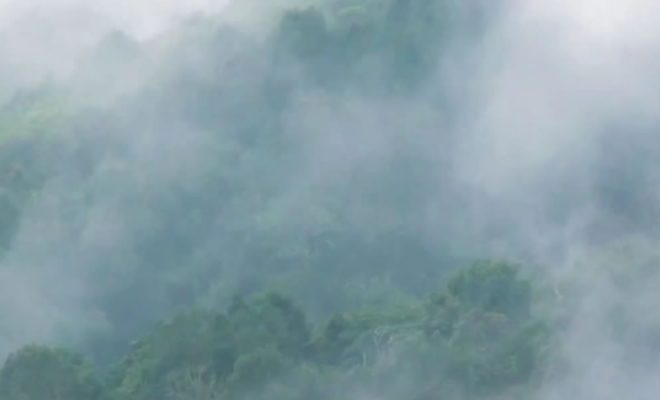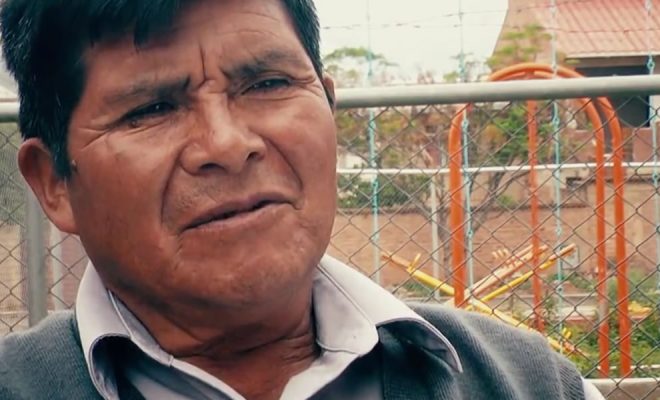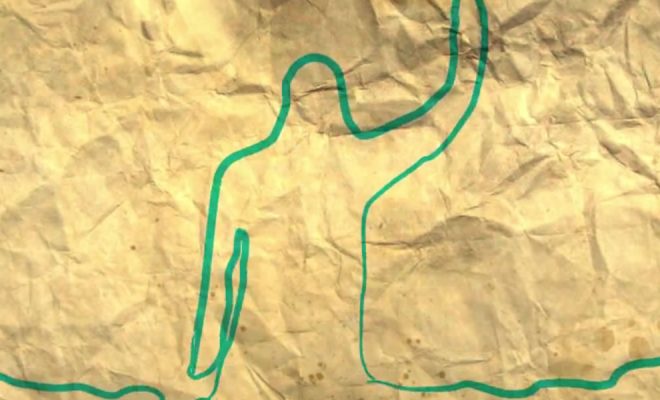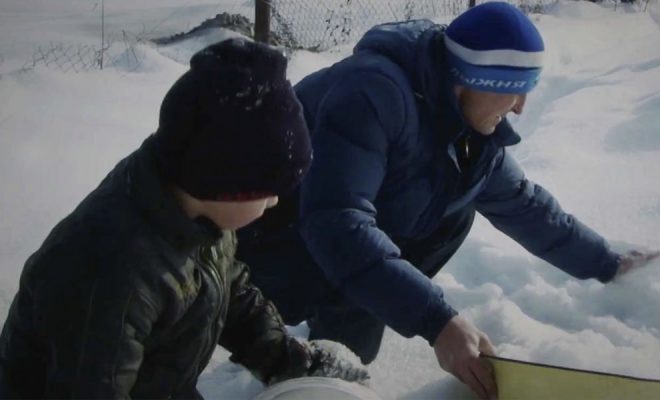Four editions have been completed and we have just opened the registration period for the fifth. In each edition the contents of the short films have shown us problems, injustice and inequalities in the access to water and to sanitation, many of which we were ignorant of.
In this link you will find over 35 articles about some of the 111 finalist pieces of the four editions. Each one of them has allowed us to communicate, provide visibility, inform and reflect on what is happening with water anywhere around the world, why it does not reach everyone, what could be done to solve this injustice.
The climate crisis we are experiencing has a great presence in this edition. It affects the entire planet, but in a very unequal way.
If you are concerned about water and passionate about cinema, you have to participate in the We Art Water Film Festival.
We show you a few examples of the articles generated by the pieces of these last four editions on climatic and meteorological problems.
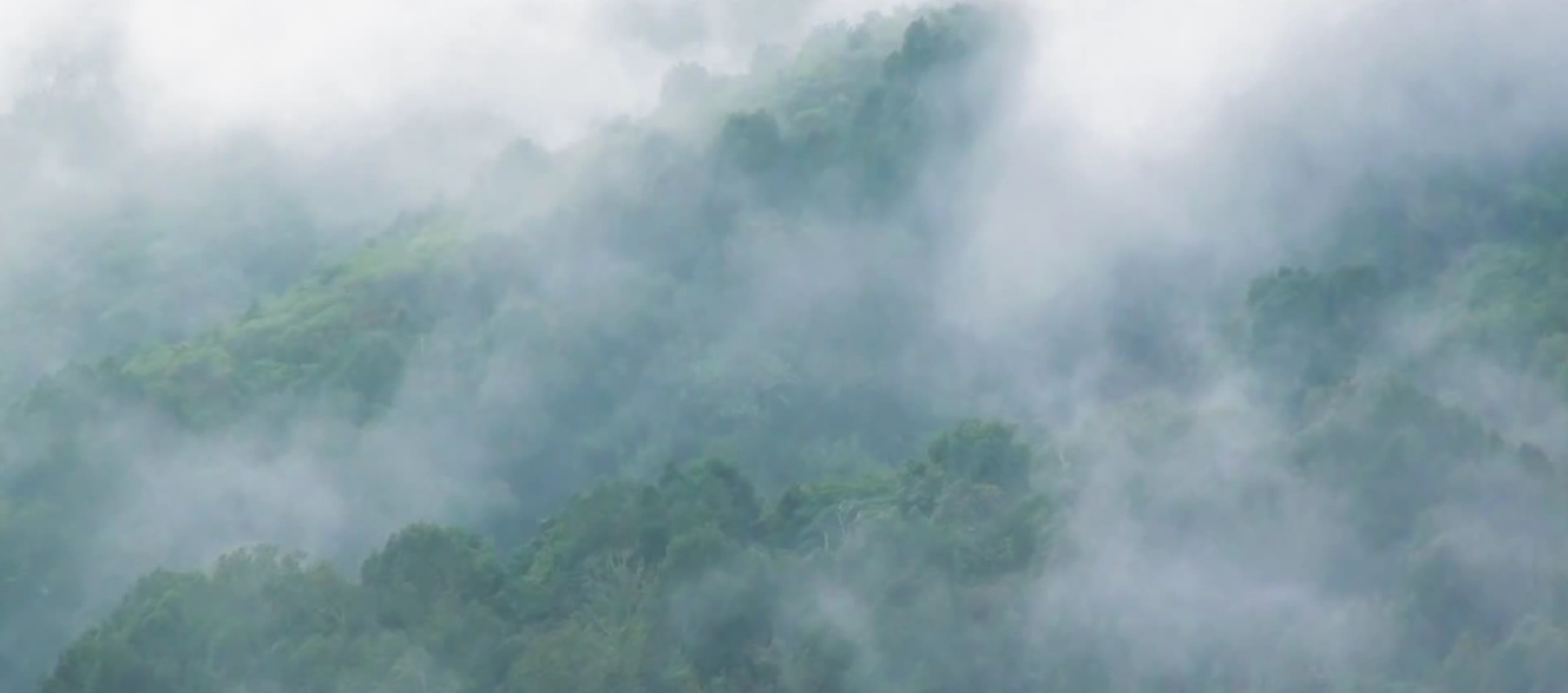
Many forests are being destroyed, affecting both its inhabitants and the ecological balance of the planet. We have seen this in the Colombian forests and in those of the indigenous people of Quechua, in the Andes, and Shipibo, in the Peruvian Amazonia. We have also provided visibility to the fight of the Bolivian “water committees” to guarantee the access to water and face the threat of climate change in one of the areas most affected by it.

We have seen that beyond the environmental and human disaster, the disappearance of water in a lake is the loss of a cultural reference for an entire country. This has happened in Lake Poopó, in Bolivia, and in the chilling drying up of Lake Urmia, in Iran, told by a girl. The Himalaya glaciers are shrinking and threaten the balance of the rivers that feed almost one third of the world’s population. In many areas of Russia, some villages are left without water due to the destruction of aquifers and they depend on the snow to obtain water from it.
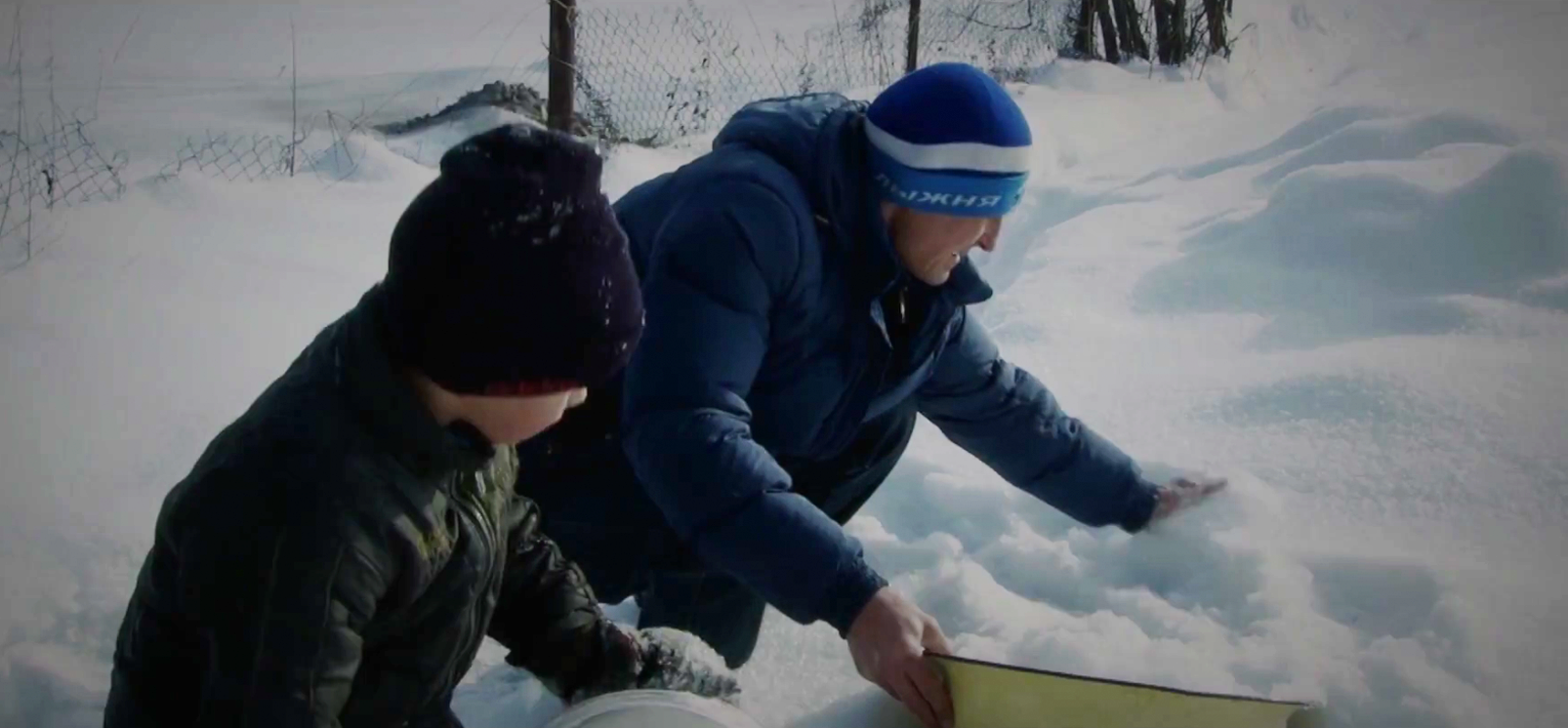
We look forward to receiving your short films. Read the rules and regulations of the festival and register for the fifth edition of the competition and help us see what many of us cannot see.


